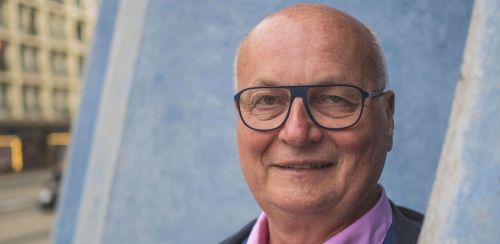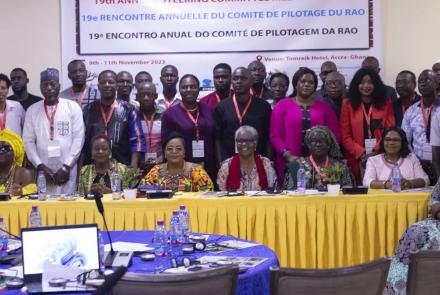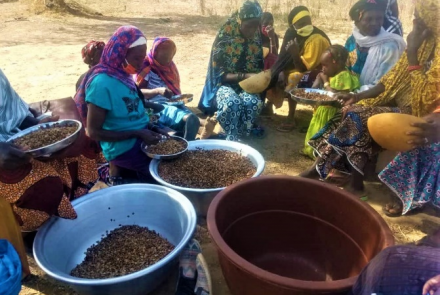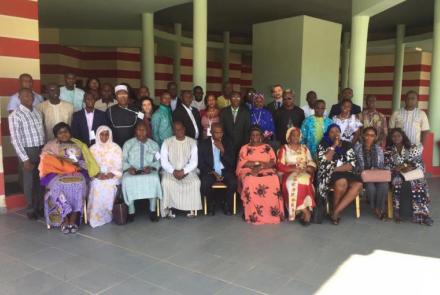The RAO as seen by Rolf Widmer, initiating member of the mechanism
Former Director of ISS Switzerland and currently President of the Swiss Foundation of the International Social Service, Rolf Widmer worked in West Africa for several years. Thanks to him and other actors, the initiatives that culminated in the creation of the West Africa Child Protection Network were put in place in 2002.
Q: You were at the birth of the WAN, why did you choose West Africa?
Rolf: At ISS we were receiving a lot of requests for repatriation from this part of Africa and as we were not looking at repatriation but reintegration, we had to find partners to receive those who needed to be reintegrated. That is how it started with the OAP between three countries: Guinea Bissau, Mali and Senegal.
Then the demand gradually spread to the whole area and today we have the RAO which covers the 16 countries of the West African zone.
Q: How do you feel when you look back today at how far you've come in 15 years?
Rolf: I am satisfied with the collaboration that this mechanism has created between the different actors in the chain of child protection, I am also satisfied that the RAO mechanism has enabled states and institutions like ECOWAS to put the issue of children on the move on their agenda. On the other hand, I would like all partners to put more emphasis on the implementation and monitoring of life projects for reintegrated children and youths as well as on the development of parental capacities through IGAs.
It is also thanks to this RAO project that ISS has been able to establish itself in West Africa with ISS-WA, which allows us to increase the quality of services in favour of children and families in a transnational context.
Q: Today many organizations are working in the field of migration, how do you think the RAO can stand out from the others to not just be one organization among the others in the field of migration?
Rolf: The added value of the RAO is that it is a holistic approach that encompasses the 8 steps of the RAO manual, which is oriented in an individual approach to the social and professional integration of each child. The life project ensures the sustainability of the activities in favour of the children. The country coordinations need to ensure more relevance of the life projects of reintegrated children and young people as well as the support to parents. Each region must set up follow-up procedures with the support of civil society. The added value of ISS-WA is in the coordination and training of actors in the chains of intervention in each ECOWAS country as well as good cooperation from civil society and the promotion of the important role of the Peer groups which are largely members of the AMWCY.
Q: What are your expectations today vis-à-vis the different collaborators of the RAO mechanism?
Rolf: That the partners be closer to the children and put their interests at the centre of their actions. That there are more reintegration projects with a good follow-up.
That the various partners, especially the decision-makers, should not be content with fine words and resolutions but should take more concrete action to protect children in mobility.
Also that capacity-building projects for parents be developed.
Q: What is your best memory, or moment with the RAO?
The human and professional commitment within the RAO. The common understanding of the best interests of children, the energy and hope of children and young people to create a safe future and prospects with the support of ISS-OA.







